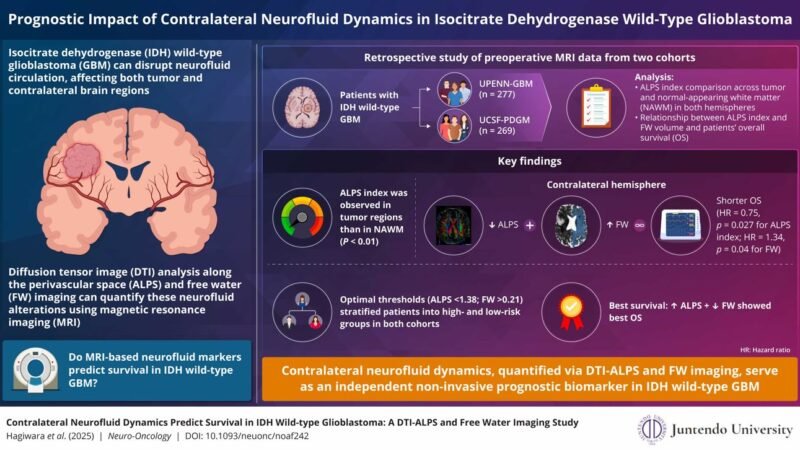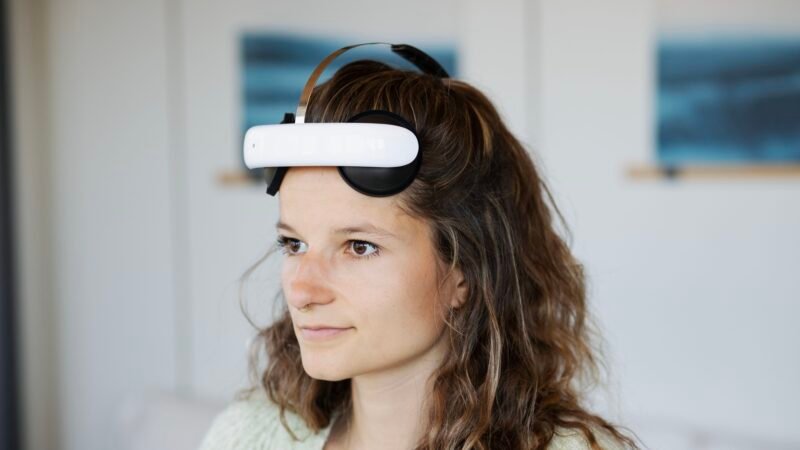Consultancies warn of rising cognitive burnout as holiday shopping stress intensifies
Holiday shopping is shaping up to be one of the most mentally taxing seasons in recent years, according to new findings from Deloitte, PwC and Accenture. Their latest reports outline an environment marked by financial pressure, record indecision and rising cognitive stress, prompting clinicians to warn of a growing risk of cognitive burnout worldwide. The concerns reflect broader patterns of consumers struggling to manage decision-making demands while navigating economic uncertainty.
Deloitte’s Holiday Retail Survey 2025 notes that 58 percent of shoppers describe the season as stressful. Accenture adds that 85 percent of online buyers abandon their carts due to frustration or indecision, while PwC reports that 84 percent expect to cut back on spending. Together, these findings paint a picture of shoppers dealing with mental strain that goes far beyond budgeting concerns.

Clinicians warn of decision fatigue and emotional strain
Dr. Hannah Nearney, clinical psychiatrist and UK Medical Director at Flow Neuroscience, says the growing stress is rooted in cognitive overload triggered by constant decision-making. She explains that this can activate the brain’s stress response and worsen issues such as anxiety, depression or difficulty concentrating. Decision fatigue, she adds, overworks the prefrontal cortex, the brain region tied to planning and emotional control.
Financial uncertainty magnifies the strain. Deloitte found that 57 percent of consumers expect the economy to weaken in the next six months — the survey’s most pessimistic reading in nearly three decades. Dr. Nearney says this persistent uncertainty keeps people on high alert, making holiday planning more overwhelming and limiting their ability to enjoy the season.
Younger shoppers shift toward wellbeing and mental health
Despite the rising burnout, younger consumers appear more proactive in managing stress. PwC reports that Gen Z plans to cut holiday spending by 23 percent, the largest reduction of any age group, and shows increased interest in wellness-related purchases. Dr. Nearney notes that younger adults are beginning to view focus and calm as limited resources and are adopting tools to protect their mental energy.
She says more young consumers are turning to mental health devices — including brain stimulation headsets — to manage stress before it escalates. Early users often report improvements in mood, sleep and emotional regulation within weeks, supported by growing clinical research. One Flow Neuroscience dataset shows that 66 percent of users experienced better anxiety management after three weeks of consistent use.
Dr. Nearney adds that self-care practices can take many forms, from physical activity and meditation to pacing one’s shopping and planning decisions in advance. Regardless of the method, she emphasizes that the solution to cognitive burnout lies not in avoiding decisions but in restoring mental capacity through intentional wellbeing practices.



